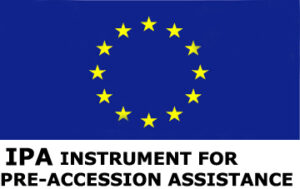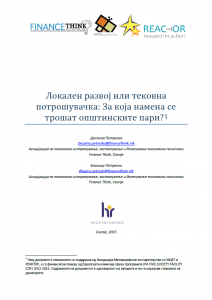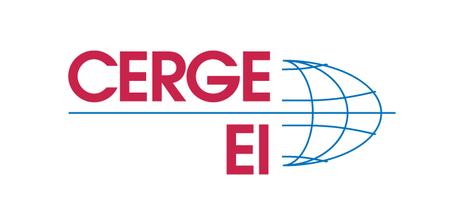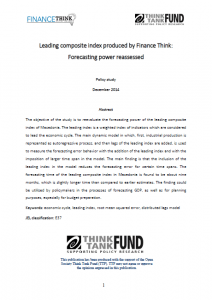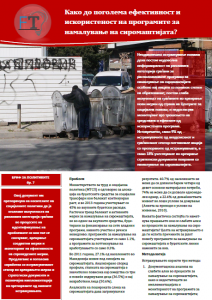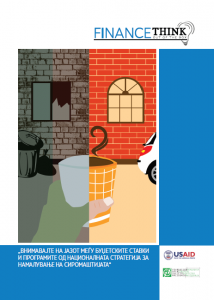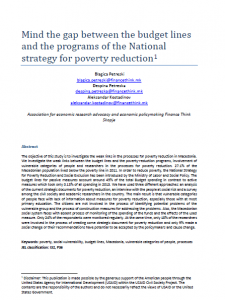The objective of this project is to raise the awareness for the gender wage discrimination in Macedonia.
In particular, the project builds on an ongoing work, consisting of two pillars: i) calculating the gender wage gap in Macedonia, after workers’ characteristics and selectivity bias have been taken into consideration; and ii) building the EdPlaKo-MK web tool which enables individuals to test their gender-neutral wage and companies to test their wage system against gender discrimination. The main activity of this proposal consists of visualization of the gender wage gap in Macedonia that will be added to the EdPlaKo-MK site, as well through two flyers, so as it gives further information on gender wage gap at the level of sector, occupation, age, experience and education, and further promotes the EdPlaKo-MK tool.
Duration: 7 months (2015)
Donor: TTF Open Society Foundations
***
Expert opinion in “Lice v Lice“
Flyer 2 – Distribution through “Economics and Business” monthly
***
Video – The gender wage gap in Macedonia through the perspectives of 5 women



